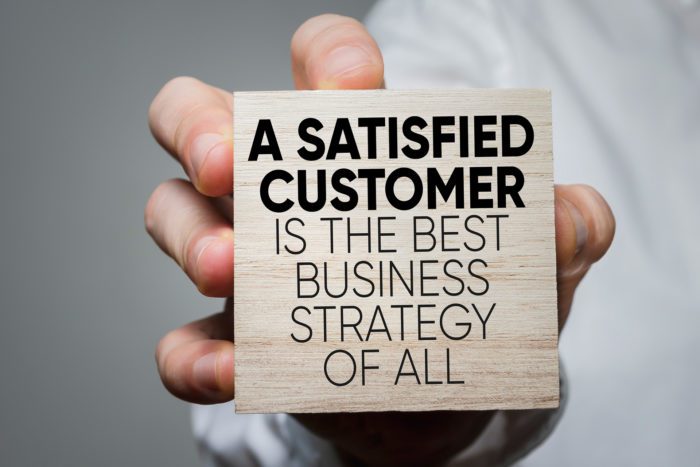Every business owner knows these mantras: The customer is always right. Always put the customer first. The customer is king.

You’ll be hard-pressed to find a business that says, “We don’t care about customer service.” But actions speak louder than words, and stories of poor customer service abound. If every company was as invested in good customer service as they say they are, fewer angry customers, social media complaints, and horror stories would make the news. So, where is the disconnect? If everyone cares about good customer service, where are companies going wrong?
What’s At Stake
Everyone knows attracting new customers is more expensive than retaining existing ones, and good customer service keeps people coming back for more. Good customer service increases your customer lifetime value (CLV), and according to data compiled by Nextiva, 52% of customers report that good customer service led them to make additional purchases.

But the consequences of poor customer service can have an even greater impact. Nextiva reports that one-third of customers say they’d consider switching companies after only one poor experience. Likewise, a majority of Americans say they’ve decided against a purchase because of poor customer service. Even worse, unhappy customers are likely to generate “negative referrals” — the average person tells 15 people about a single poor customer service experience.
You also can’t necessarily count on customers to let you know when something’s wrong — 91% of unhappy customers stop buying without complaining first. Failing to be proactive about your customer service can cost your business sales, retention, and referrals before you even know you’ve got a problem.
So, Why Do Businesses Keep Messing Up?
It’s easy to say you care about good customer service, but it’s a lot harder to invest in it. Too many companies take customer service for granted. After all, how hard can it be to fix a customer’s problem — nicely?
Unfortunately, customer service representatives often aren’t set up for success. They’re undertrained, underpaid, and overworked. Those are all reasons customer service turnover tends to be high, and maintaining quality and consistency is difficult with a constantly rotating team.
Companies also make other mistakes beyond an individual customer service representative’s control. They limit their hours of operation, they provide limited means of contact, and they don’t store customer records properly. The result is frustration for everyone — and lost revenue for your business.
How To Get It Right
Your ability to leverage good customer service starts with hiring. Your customer service team can only be as good as its people, so take the time to find those who will represent your company well.
Your customer service employees need to be friendly and empathetic as well as knowledgeable. Though it’s possible to teach soft skills, it’s no easy task. You want to hire people who already know how to talk to customers — and keep those who don’t behind the scenes. If you can’t, you instead need to put serious time and effort into training.

Then, put your focus on the most crucial aspects of customer service: responsiveness, honesty, and problem-solving. You can fix almost all mistakes and most customer relationships after an error. But doubling down, refusing to take responsibility, ignoring the problem, or failing to offer solutions will end customer relationships quickly. If your team does any of that, they need to change immediately.
Finally, if you have high expectations, you’ll need to pay for them. Take a second look at what you’re offering the people performing your customer service. Your wages and benefits may be competitive for your area, but if you’re only willing to give the average, you’ll get average employees back in return. Pay the people doing your customer service well and stop asking them to do more with less. You’ll attract — and keep — better talent.
Too many business owners get caught in the trap of thinking of customer service as an expense when it’s actually an investment in their company’s future. As long as you think of customer service as an unfortunate necessity, you’ll never reap its rewards. Good customer service is your opportunity to show your customers everything you can offer. Don’t make the mistake of letting it go to waste.






